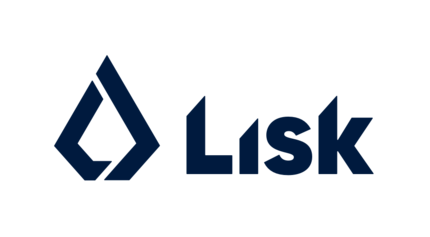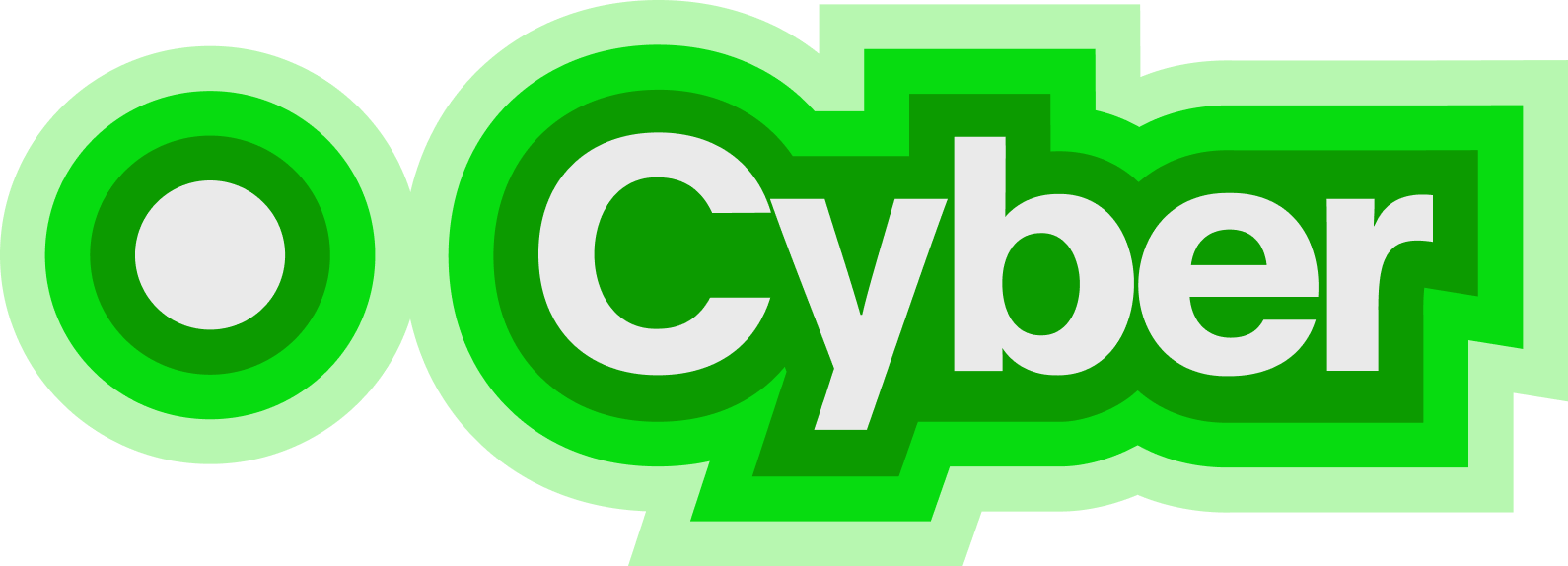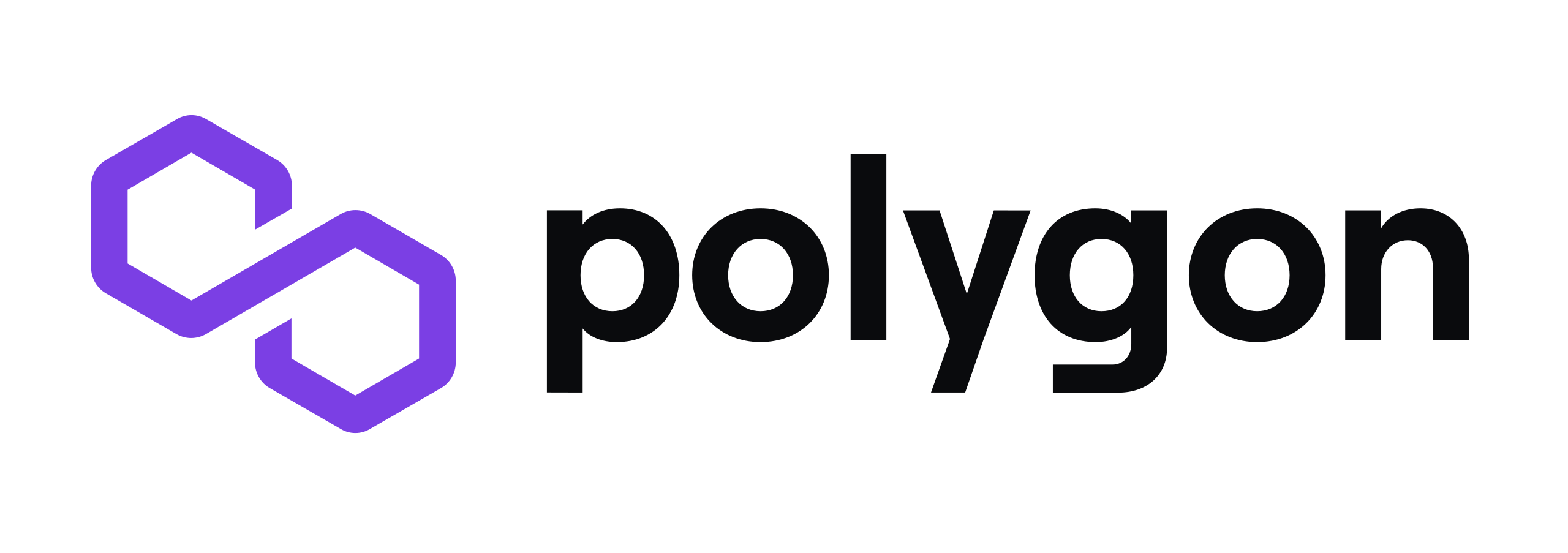
Fuel
Fuel Ignition is a high-performance Ethereum layer-2 rollup powered by the FuelVM, designed for scalable, parallel transaction execution and low node requirements.
Overview
Fuel Ignition is a layer-2 blockchain rollup built on Ethereum that focuses on high throughput, scalability, and low node requirements. It leverages the FuelVM, a custom virtual machine designed to enable parallel transaction execution using a UTXO (Unspent Transaction Output) model. This architecture allows Fuel to maximize CPU core utilization, achieving transaction processing speeds of over 21,000 transactions per second per CPU core, significantly outperforming traditional single-threaded blockchains. Fuel also minimizes state growth and bloat, addressing a key bottleneck in blockchain scalability.
Fuel is designed for developers seeking to build scalable decentralized applications (dapps) with low fees (around $0.0002 per transaction) and fast block times (1 second). It supports native account abstraction and multiple native assets, enabling complex decentralized finance (DeFi) applications, decentralized exchanges (DEXs), prediction markets, and capital markets. Fuel’s domain-specific language, Sway, combines Rust-like safety and Solidity-like smart contract paradigms, offering a powerful and ergonomic developer experience with static analysis and compile-time safety.
The Fuel developer ecosystem includes a comprehensive toolchain with the Fuel Orchestrator (Forc) for building, testing, and deploying Sway projects, SDKs in Rust and TypeScript, a wallet SDK, and a GraphQL API for network interaction. Fuel also provides a bridge for asset transfers between Ethereum and Fuel, facilitating interoperability. The network has achieved stage-2 rollup security status on Ethereum and is recognized for its innovative approach to parallelization and state management. Developers can get started quickly using the detailed documentation, Sway playground, and example applications provided by Fuel Labs.
The Problem
Blockchain scalability is limited by single-threaded transaction execution and state bloat, which restrict throughput and increase node resource requirements. Existing layer-2 solutions often struggle to balance high throughput with security and decentralization.
The Solution
Key Features
High Throughput
Capable of processing over 21,000 transactions per second per CPU core with 1-second block times.
Fuel Alternatives
Explore web3 competitors and apps like Fuel.

Fuse
Pricing
Standard | |
|---|---|
| Price (Monthly) | Free |
| Price (Annual) | Free |
| Messaging | N/A |
| Support | Community support via Discord and Forum |
| Analytics |
Start Building Now
Reliable RPC, powerful APIs, and zero hassle.
Resources
Fuel Labs provides extensive resources including official documentation, SDKs, example applications, a playground for Sway, and community forums to support developers building on Fuel Ignition.









